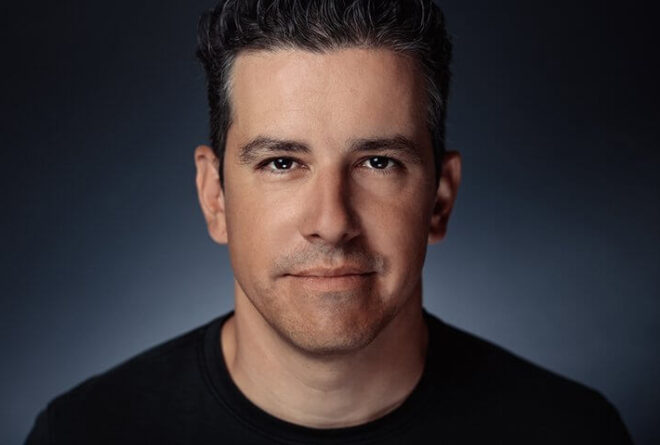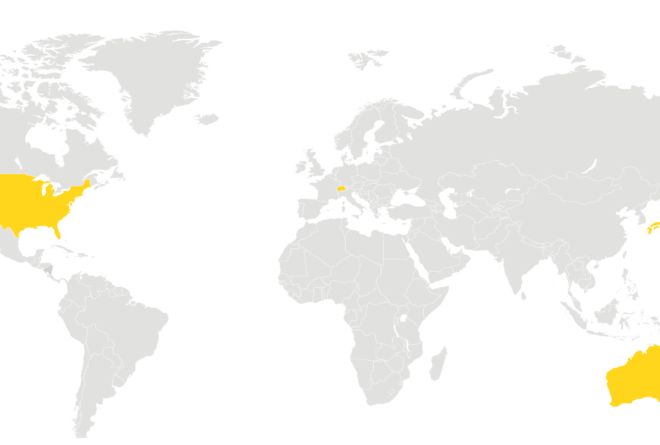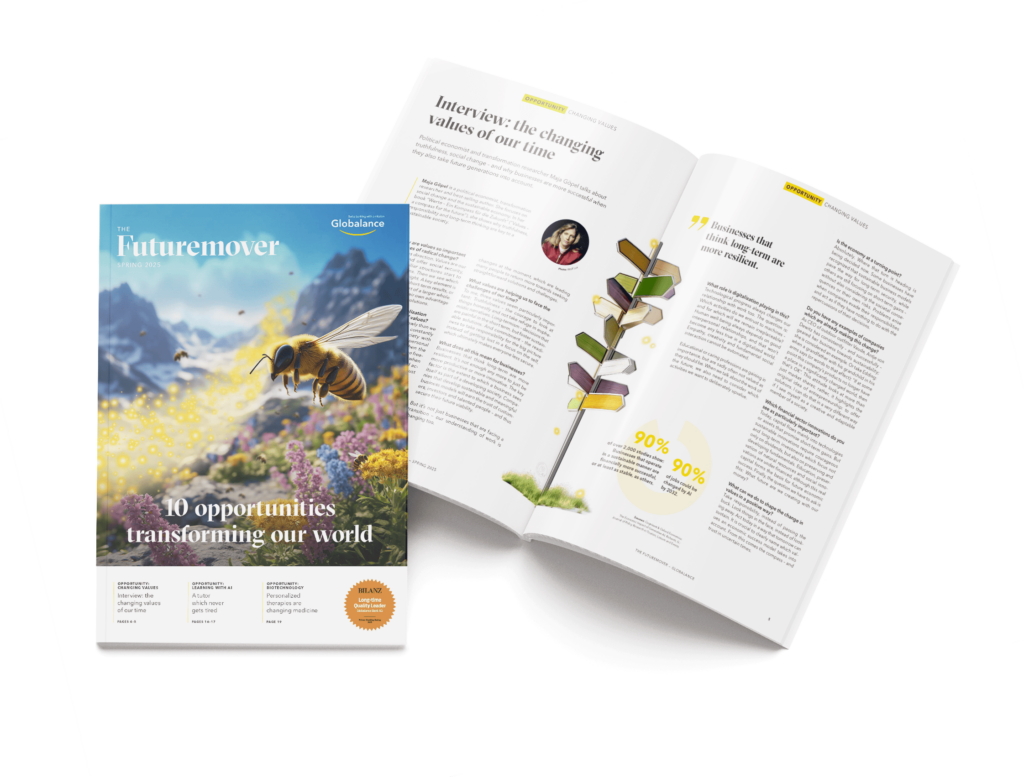News & Trends
Transparency
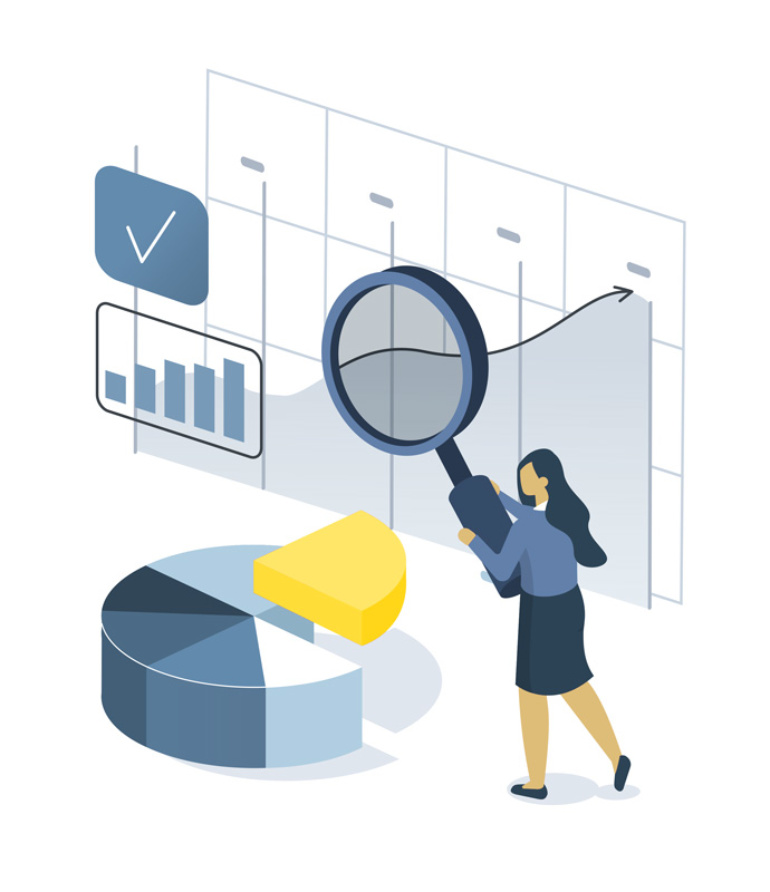
Blackbox Was Yesterday
Where does my avocado come from and how many liters of water did its cultivation require? What imported food was used for my meat and what impact does this have on the rainforest? In our current networked society, transparency weighs very heavily in the scale of socio-economic concerns.
A radical openness has taken hold of us. The everyday use of smartphones, news apps, Twitter and Co provides us with news and enlightens us. We are informed. The awareness of sustainability, climate protection and nutrition has increased considerably and people are demanding even more transparency. The amount of information collected about every person, every product and every organization will grow and the responsibility to share it will increase.
This offers opportunities for openness and enlightenment. But does everyone want that?
The Open World
Open Government provides the public with freely usable administrative data made available by federal agencies. This opening up of government and administration to the population is intended to promote transparency and participation. Open Science, on the other hand, opens up science digitally and creates collaborative access to publications and research data. The aim is to create collaborations, improve the quality of scientific work, and increase the efficiency of research. A large number of scientists can work on projects simultaneously and make their results available to the general public. A paradigm shift that can contribute to the active solving of problems in the future. The culture of openness, ethics and trust in companies should be promoted by the legal protection of whistleblowers. Internal Whistleblowers are the most important factor in detecting irregularities and can minimize economic risks and possible reputational damage.
Transparent Patient?
You know the scenario: “Hopefully I haven’t forgotten to give the new doctor any crucial information.” At this point, a personalized and bundled health profile would be ideal. Although medical data is increasingly being stored digitally today, the systems often operate in isolation and make it difficult to exchange information. In the future, the use of block chain technology could bring together all relevant information in a decentralized manner, thereby ensuring more efficient supply and preventing the avoidable use of energy. In addition, you as a patient would still be part of the blockchain network and have direct access to your patient file. In order to explore the further potential of this technology in healthcare and to eliminate any data protection risks, research projects such as the BloG3 are required.
NiCe to KnO2w
The sustainability project Carbon-Block of the Berlin-based start-up CircularTree provides the actual CO2 footprint of materials in the supply chain. Companies can use the blockchain application to compare the footprint of their suppliers and set targets for reductions. Porsche and BASF recently tested this in a pilot project that won the global innovation award of the Plug and Play Tech Center.
Trust becomes the decisive currency!
In vino veritas
Even today we often still come across vague manufacturer’s specifications, although origin, regionality and responsibility play an important role in the purchase decision. The Blockchain can be used as decentralized, unchangeable Data Register to create the “Internet of values” and supply chains, and to digitally depict supply chains from manufacturers and traders. The idea is to give customers full information about production, transport and processing simply by looking at their smartphone. When buying wine it’s good to know which seed was used for the vines, how long the wine was stored for, and how far the wine has travelled to get to the shelf at the retail outlet.
Transparency Creates Trust
Millenials in particular would like to know that their shopping behaviour makes a difference — so there’s a demand for sustainability certification marks. Transparency is already a decisive Leverage for companies to generate customer confidence. The retail and wholesale company Carrefour is already responding to the demands of transparent supply chains with the block chain platform IBM Food Trust. By 2022, the French retailer wants to extend the technology to all of its 12’000 stores. The app “Thank My Farmer” provides transparency for coffee lovers. With the help of IBM Food Trust, it enables consumers to trace the coffee bean from the retailer to its place of origin. Used appropriately and in a carefully considered manner, transparency creates trust and and becomes the decisive currency.
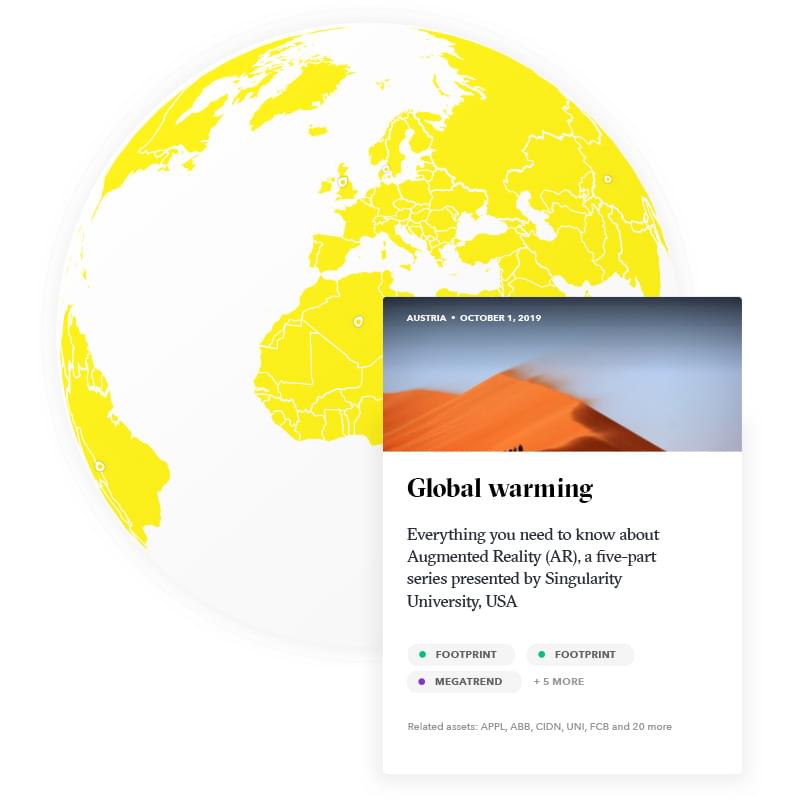
Blackbox Was Yesterday
Loyal readers know it: Globalance also criticizes the investment world as a kind of “black box”. Here, transparency regarding impact, risk and return is the basic prerequisite for conscious and responsible investing. A world first in the financial market provides a remedy. With Globalance World — the digital globe for investors — transparency and new perspectives are opened up in a breadth and depth never before achieved.
Discover globalanceworld.com
